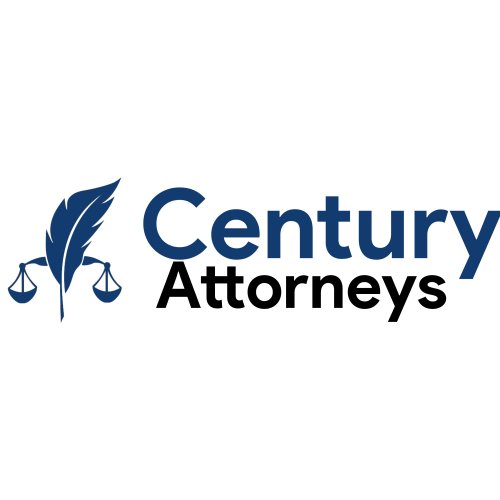Best Bankruptcy Lawyers in Kano
Share your needs with us, get contacted by law firms.
Free. Takes 2 min.
List of the best lawyers in Kano, Nigeria
About Bankruptcy Law in Kano, Nigeria
Bankruptcy law in Kano, Nigeria, is structured towards providing a fresh start for individuals who are unable to repay their debts. It is governed by the Bankruptcy Act of 1990. This law allows an individual to declare bankruptcy, leading to an automatic stay on all debts, which stops creditors from collecting debts and initiating lawsuits or garnishments.
Why You May Need a Lawyer
Understanding and navigating bankruptcy law can be a complex process. Mistakes during this process could lead to dismissal of your case or inability to discharge your debts. A lawyer with knowledge in bankruptcy law can help you understand your legal rights, prepare and file your bankruptcy petition, represent you at credit meetings and court hearings, and can guide you to avoid potential pitfalls and successfully emerge from bankruptcy.
Local Laws Overview
Although bankruptcy law in Nigeria is uniform, there are local procedural rules you must be aware of. Chapter 15 of the Bankruptcy Act outlines the procedure for filing bankruptcy in Nigeria. It stipulates the conditions under which an individual can be declared bankrupt, the steps creditors can take if a debtor fails to fulfil their obligations, the implications of a bankruptcy declaration for assets and properties, and the process of resolution.
Frequently Asked Questions
What is the process of declaring bankruptcy?
To declare bankruptcy in Kano, a debtor must have a court declare him/her bankrupt. This can be instigated by the debtor, when one cannot pay his/her debts, or by a creditor, to whom the debtor owes a sum of NGN 1,000 or more.
What are the implications of bankruptcy on my assets?
All the debtor's assets, with some exceptions, will be vested in a trustee. The trustee will then sell the assets to repay the creditors.
What does bankruptcy mean for my future credit?
After being declared bankrupt, the individual will find it challenging to secure credit in the future. The bankruptcy can remain on the credit report for up to 10 years in some cases.
Can all debts be discharged in bankruptcy?
Not all debts can be discharged in bankruptcy. Some non-dischargeable debts include alimony, child support, certain taxes, debts for certain educational benefits and student loans.
Can a bankrupt individual operate a bank account?
A bankrupt individual can open a new bank account, but certain restrictions apply. It is essential to disclose your bankruptcy status to the banking institution as failure to do so could result in legal action.
Additional Resources
For additional resources, the Official Receiver's Office (ORO) in Kano can be a valuable source of information. The Nigerian Bar Association (NBA) can provide assistance in finding a legal counsel adept in bankruptcy law.
Next Steps
If you need legal assistance in bankruptcy, your first step should be to consult a lawyer specializing in bankruptcy law. They will review your financial situation and provide advice on whether bankruptcy is the best course of action for you. If it is, they will help you prepare and file the necessary documents with the court and represent you at meetings with creditors.
Lawzana helps you find the best lawyers and law firms in Kano through a curated and pre-screened list of qualified legal professionals. Our platform offers rankings and detailed profiles of attorneys and law firms, allowing you to compare based on practice areas, including Bankruptcy, experience, and client feedback.
Each profile includes a description of the firm's areas of practice, client reviews, team members and partners, year of establishment, spoken languages, office locations, contact information, social media presence, and any published articles or resources. Most firms on our platform speak English and are experienced in both local and international legal matters.
Get a quote from top-rated law firms in Kano, Nigeria — quickly, securely, and without unnecessary hassle.
Disclaimer:
The information provided on this page is for general informational purposes only and does not constitute legal advice. While we strive to ensure the accuracy and relevance of the content, legal information may change over time, and interpretations of the law can vary. You should always consult with a qualified legal professional for advice specific to your situation.
We disclaim all liability for actions taken or not taken based on the content of this page. If you believe any information is incorrect or outdated, please contact us, and we will review and update it where appropriate.










